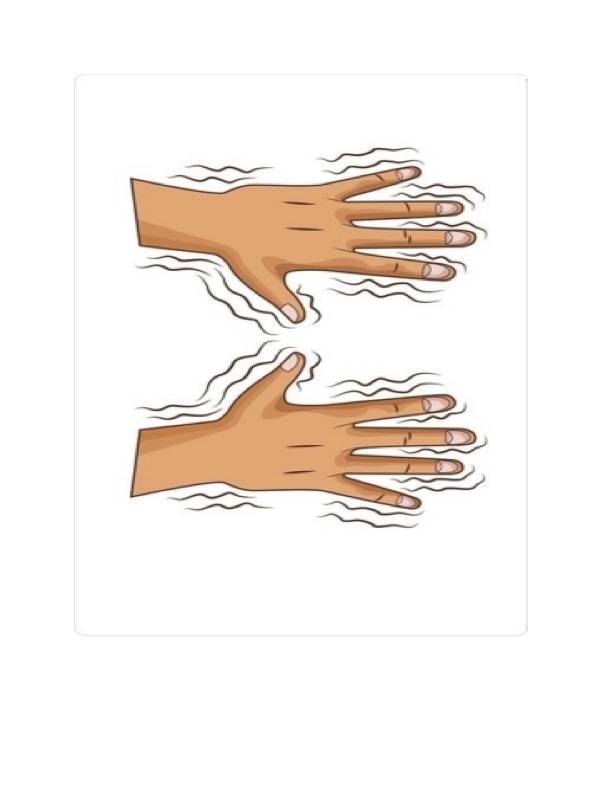
Hello everyone! This is an installment of the Newspaper’s series on mental conditions and disorders. I find the variety of ways that the brain works to be extremely fascinating, so I have been exploring them. I hope you enjoy these presentations of my research. Many of these conditions are considered ‘disorders’ because they are different than what we are used to and could make operating in the world challenging. But, these conditions can cause reflection on what is ‘normal’ – both in terms of brain function and in terms of what we expect in society. If you have any questions or requests on topics, email me -> Hiruni Manawadu
Has your hand ever started to shake uncontrollably, maybe when you’re nervous or scared? This is called a tremor, more specifically an essential or action tremor. Essential tremor is the most common movement “disorder” on the planet, and it’s usually nothing to worry about.For you, it’s most likely caused by heightened emotion or stress, but can also be from fever, physical exhaustion, low blood sugar, or over consumption of alcohol or caffeine. It usually first appears in adolescence. There are over 20 types of other tremors, essential tremor being the most common. Some others are:
Dystonic Tremor -> occurs in people affected by dystonia (which will be written about in a future article!)
Cerebellar Tremor -> slow and visible, occurs at the end of a purposeful movement (ex: pushing a button). Affects people with damage to the cerebellum (which may be explored in a future article.)
Physiologic Tremor -> A normal occurrence in all healthy individuals. The fine shaking mainly hands, not incredibly visible to the eye. Not considered a disorder
Enhanced Physiologic Tremor -> a more visible version of physiologic tremor, rarely caused by neurological disease, caused by reaction to certain drugs and alcohol withdrawal.
Psychogenic Tremor (or functional tremor) -> symptoms vary but it often starts abruptly and affects all body parts. Affected individuals usually have an underlying psychiatric condition (ex: depression, PTSD)
